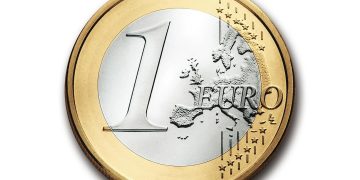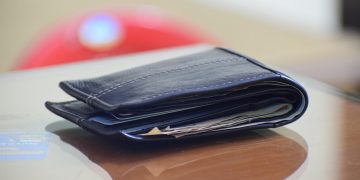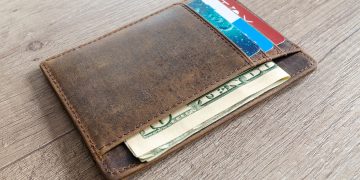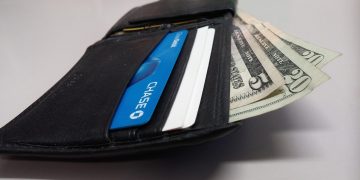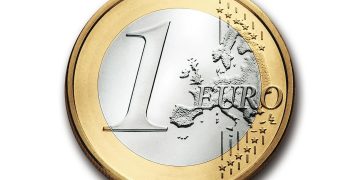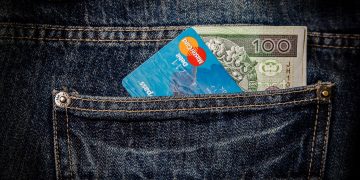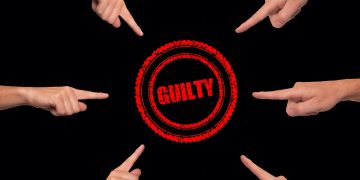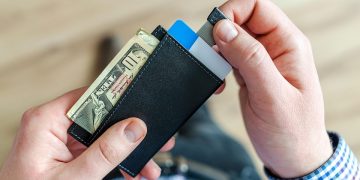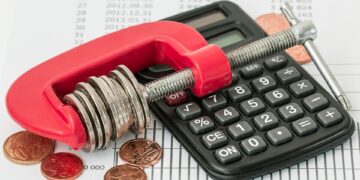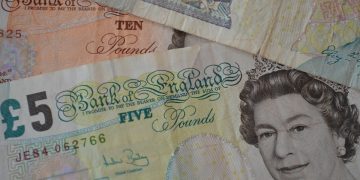[ad_1]
Mastering Your Finances: 10 Proven Strategies for Rapid Debt Reduction
In today’s fast-paced world, it’s easy to get caught up in the cycle of debt and struggle to make ends meet. However, with the right strategies and mindset, you can take control of your finances and work towards rapid debt reduction. In this article, we will discuss 10 proven strategies that can help you master your finances and get on the path to financial freedom.
1. Create a Budget
One of the first steps towards mastering your finances is creating a budget. A budget helps you track your income and expenses, identify areas where you can cut back, and set financial goals. By creating a budget and sticking to it, you can avoid overspending and make sure that you are living within your means.
2. Cut Back on Unnecessary Expenses
Once you have a budget in place, take a closer look at your expenses and see where you can cut back. This might mean canceling subscriptions you don’t use, eating out less often, or finding more affordable alternatives for things like groceries and entertainment. By cutting back on unnecessary expenses, you can free up more money to put towards paying off your debt.
3. Increase Your Income
In addition to cutting back on expenses, consider ways to increase your income. This might mean taking on a part-time job, freelancing, or starting a side hustle. By increasing your income, you can accelerate your debt repayment and reach your financial goals faster.
4. Prioritize Your Debts
If you have multiple debts, prioritize them based on factors like interest rates and balances. Focus on paying off high-interest debts first, as they can cost you more in the long run. By prioritizing your debts, you can make the most of your debt repayment efforts and pay off your debts more efficiently.
5. Use the Debt Snowball Method
The debt snowball method is a popular debt repayment strategy that involves paying off your debts from smallest to largest. Start by paying off your smallest debt first, then use the money you were putting towards that debt to pay off the next smallest debt, and so on. By snowballing your debt payments, you can gain momentum and make progress towards becoming debt-free.
6. Consider Debt Consolidation
If you have multiple debts with high-interest rates, consider consolidating them into a single loan with a lower interest rate. Debt consolidation can help simplify your debt repayment process and save you money on interest. However, be sure to do your research and compare offers from different lenders before deciding on a debt consolidation loan.
7. Negotiate with Creditors
If you are struggling to make payments on your debts, don’t be afraid to reach out to your creditors and negotiate for better terms. Many creditors are willing to work with you to come up with a repayment plan that fits your budget. By negotiating with creditors, you can avoid falling further behind on your debts and work towards paying them off.
8. Build an Emergency Fund
Having an emergency fund is essential for financial stability and can help you avoid going further into debt when unexpected expenses arise. Aim to save at least three to six months’ worth of living expenses in your emergency fund to cover things like medical bills, car repairs, or job loss. By building an emergency fund, you can protect yourself from financial setbacks and stay on track with your debt repayment goals.
9. Avoid Taking on New Debt
While you are working towards paying off your existing debts, it’s important to avoid taking on new debt. This means resisting the urge to use credit cards for unnecessary purchases or taking out loans for things like vacations or luxury items. By avoiding new debt, you can focus on paying off your existing debts and prevent yourself from falling back into the cycle of debt.
10. Stay Motivated and Consistent
Paying off debt can be a long and challenging process, but it’s important to stay motivated and consistent in your efforts. Celebrate small victories along the way, track your progress, and remind yourself of the financial freedom that awaits once you are debt-free. By staying motivated and consistent, you can overcome obstacles and achieve your financial goals.
Conclusion
Mastering your finances and reducing debt takes time, dedication, and discipline. By following these 10 proven strategies, you can take control of your finances, pay off your debts, and work towards financial freedom. Remember to create a budget, cut back on expenses, increase your income, prioritize your debts, and stay motivated throughout the process. With the right mindset and strategies in place, you can achieve rapid debt reduction and secure a brighter financial future.
[ad_2]

